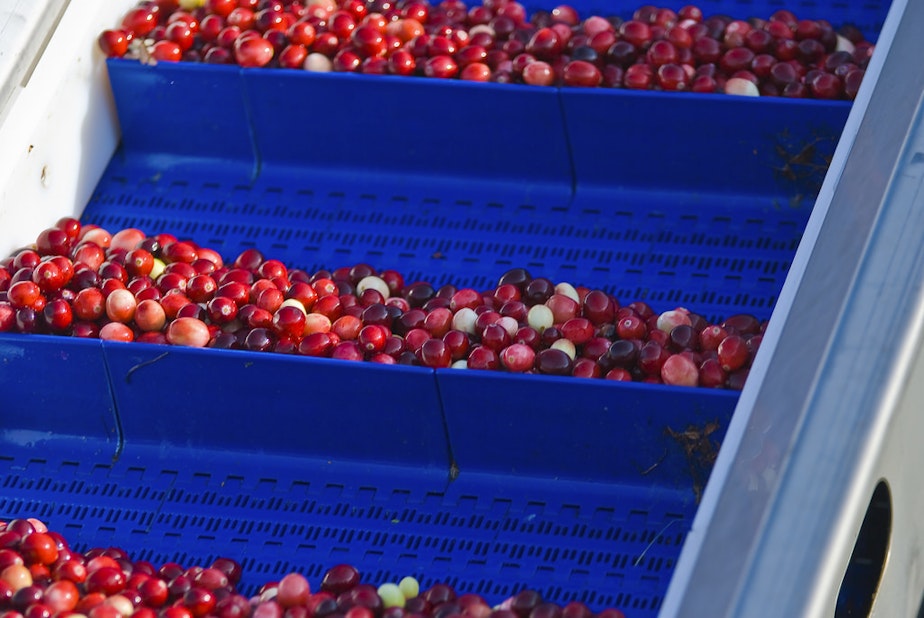Immigrant arrested by ICE after talking to Seattle Times

Last month, Seattle Times reporter Nina Shapiro wrote a story about how immigrant neighbors were disappearing from Long Beach, a town in southwest Washington’s Pacific County. People were being detained and deported by Immigration and Customs Enforcement, often without ICE notifying law enforcement in the town.
A week after her story came out, Shapiro got a call saying an immigrant source she'd quoted anonymously had been arrested by immigration agents. When they picked him up, they said, “You’re the one from the newspaper.” Nina joined Bill Radke for a conversation about the hazards of immigration reporting in the age of Donald Trump.
Pacific County is extremely small, with close-knit communities like Long Beach. The county went for Donald Trump despite the fact that much of its economy is based on industries like seafood and cranberries, which rely on immigrant labor.
One of the deportees profiled in Nina’s story was a woman named Gladys Diaz. She had put an ad for homemade piñatas online. A respondent asked her to meet him in the parking lot of a bank rather than the location she suggested.
When she arrived, young daughters in tow, ICE agents were waiting. They arrested her, and brought her daughters back to her boyfriend, who shared the story with Shapiro on the condition of anonymity, as he was still sending money to Gladys and their children in Mexico.
Sponsored
Someone at ICE apparently read the story and tracked Gladys's boyfriend down. To Shapiro’s knowledge, this is the first time that has happened after one of her stories. She feels terrible about it. “You never want to feel as a reporter that something you wrote got people into trouble.”
Shapiro said goes over the pros and cons of talking to the press when she interviews people, and tells them there are always risks. For many sources, however, speaking to the press is an important way to raise awareness. DACA recipients, for example, are coming out of the shadows to underscore that they are people’s neighbors, students, coworkers, and more. “They want people to know who they are,” says Shapiro.
She said she's not sure whether it will change her immigration reporting going forward. There are concerns about whether this arrest was retaliatory in any way. And it’s possible that it will have a chilling effect for other people living without documentation, preventing them from speaking to the press.
Some have questioned whether this ICE arrest violates the right to free speech, or freedom of the press. But, Shapiro says, she’ll continue to report the story. You can stay up to date on the next installment here.

